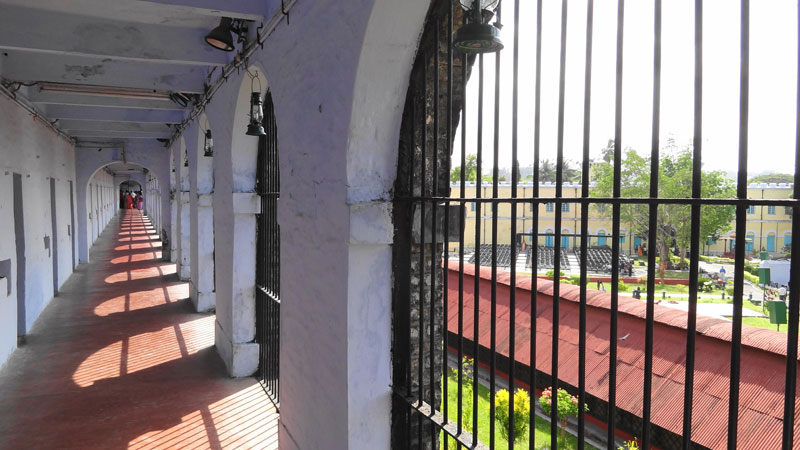Tossing the Unneeded: Removing Obstacles to Contentment
This is an excerpt from my new book Conscious Contentment; Your Roadmap to a Life of Fulfillment, go to this Amazon link to read further excerpts:
BANISHING REGRETS: THE SHAME & BLAME GAME
Regrets about the past are as much an obstacle to contentment now as worry is to the future. We can’t change anything that’s already happened unless there’s a time machine out there, somewhere.
All the regrets and self-blame about what we did or didn’t do in the past make no difference in the present, except to insure the continuation of a negative mindset. Is misery what you want? If not, then learning from past mistakes while applying corrective action now is the only approach that makes sense, because transforming old transgressions into healing is solely our responsibility. If we don’t do this, then carrying regrets long enough leads to becoming guilt-ridden. This misdirected preoccupation with past actions creates so much needless suffering, that our natural ability to be content is stifled.
Instead of allowing the past to control our present, and regrets to fester and plague our lives as guilt, it’s essential to take proactive steps if we want to put these “obstacles to happiness” to rest.
Twelve-step approaches, such as Alcoholics Anonymous and Narcotics Anonymous, work well for millions of people. An incredibly useful aspect of their teachings is to make amends with anyone we’ve hurt. Whether we speak with them in person or write a letter–even if they’re not alive anymore–the point is to admit and be sincerely sorry. And even if the person doesn’t accept what we’re offering, there is still healing in the power of a sincere attempt to make amends. In this way we can begin to forgive ourselves and experience the freedom, and contentment, that comes with letting go.
By holding onto regrets tightly, we continue inviting the mistakes of the past into the present. This psychological loop reinforces what we don’t really want anymore. If left unchecked, guilt, regrets and self-blame will be allowed to beat up on our future. Ouch.
∞ ∞ ∞
Throughout the ages, people have tried many ways to break this cycle: giving something up (a sacrifice) in order to appease a higher power (God or gods), making public or private admissions of guilt and atonement (confessions), or performing an action of making amends (penance). In modern times we’ve added psychotherapy, which works to free the person of their burdens through insight and self-acceptance.
Without noticing at first, we slowly imprison ourselves by holding onto regrets. Insidiously, a foundation forms to hold up the bars and walls–built from our guilt and self-loathing–that become our cage. This mental incarceration is a greater barrier to contentment than any real prison ever could be.
It has been my good fortune to volunteer in prisons for many years, bringing these people the support of meditation through the Siddha Yoga Meditation Prison Project. Surprisingly, I’ve met many individuals who were happier and more content–even while facing life sentences–than many of us are on the “outside.”
Alan Gompers was one of those people. While serving a 15-year-to-life sentence in a maximum security prison for drug trafficking, he learned about personal transformation. Different people do different things with all the time they have in prison to think, and Alan chose to use his time wisely: He found meditation, gradually learning how to release his regrets, while overcoming the guilt and self-loathing they had created. In his book, Maximum Security, The True Meaning of Freedom, Alan offers a peek into his newly-formed perspective:
“To the informer who set me up, the lawyer who misrepresented me, all the people who betrayed me, and all of my life’s experiences that initially brought me great pain and fear, I wish to offer my eternal gratitude and respect for the immense love and compassion hidden in your actions, for it was in the intensity of each experience that I was finally able to ‘wake-up’ and see the Truth.”
Because of Alan’s work assisting other inmates, and the loving, diligent efforts of many close friends and family who brought his case up for review, he was granted executive clemency by the governor, who reduced his sentence, allowing for an earlier release. On the last page of his book, Alan sums up his prison experience:
“I want to leave you with what I now know. When I look back on my time in prison and remember the walls, the gun towers, the 15-to-life sentence and all that went with it, I can say–without question–that those six years were the happiest I had ever known. I learned to trust, with absolute certainty, that life knows exactly what it is doing, and always, ALWAYS, acts perfectly. And I continue to receive far more that I could ever give.”
We all have the opportunity to wake up as Alan did. We do not have to remain prisoners of our past, of the traumas and tragedies befallen us, and the regrets and guilt they created. We can liberate ourselves from continued misery by recognizing these barriers to our inner truth, and then banishing them forever from our consciousness through the power of transformative thought.

